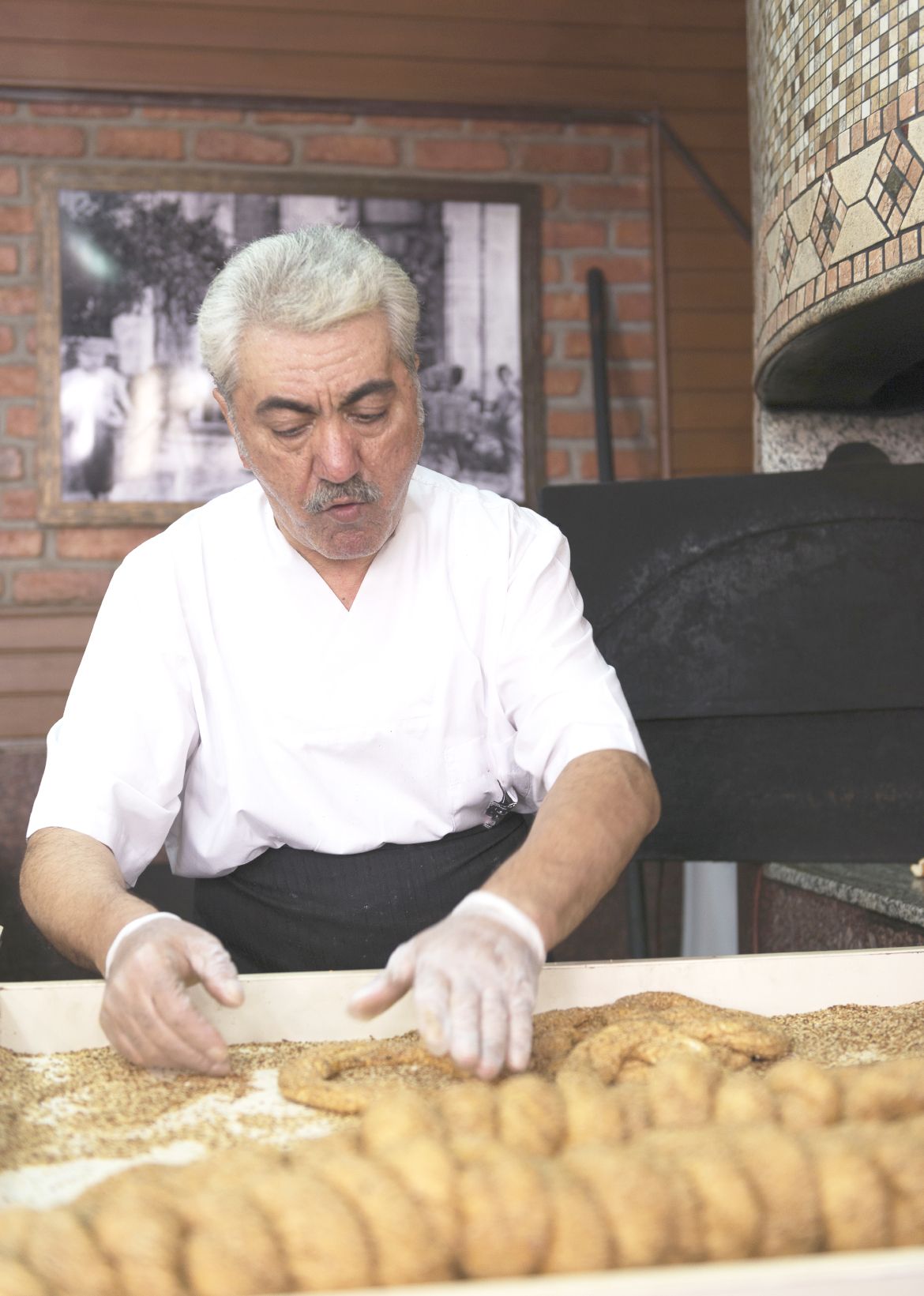After wasting significant time trying to persuade asylum-seekers not to come to Denmark and complaining about the foreign media’s coverage of new laws, the Danish government this week got on with the more serious job of working out how refugees can be successfully brought into the Danish labour market. This is being done under the guise of the three-party negotiations currently taking place with the government, unions and employers representatives.
A negative impact
The government has correctly pointed out that it is crucial to get as many refugees into work as possible – in recent years only 30 percent have ended in employment.
Continued failure will negatively impact on the government’s finances, harming the ongoing funding of the welfare state, as well as being a human tragedy for the refugees who want to utilise their skills.
Incentives are vital
The trade unions have made interesting proposals including more detailed screening of refugees’ skills to match them better with jobs, increasing the tempo of language courses, and improving the system of finding them jobs.
In the long run though, in order to encourage employers to take on refugees, a financial sum will be needed to incentivise employers. This can either be in the form of a one-off payment to employers or by differentiating wages so employers can pay lower wages to refugees.
Flimsy argument
Labour market researchers have questioned this policy saying that surveys show that employers are keen to do what is best for society in any event. This rationale, though, does not hold. If it was clearly in employers’ interests and beliefs to employ refugees, they would have done so already. They are unsure about a number of matters – most notably language prowess.
When the free market fails to work for the wider benefit of society, the government has an obligation to intervene. In this instance this would mean providing a financial incentive to employers to take on more refugees. The unions are sceptical about this, but the reality is that the cost to society if refugees remain outside the labour market is simply too high.















